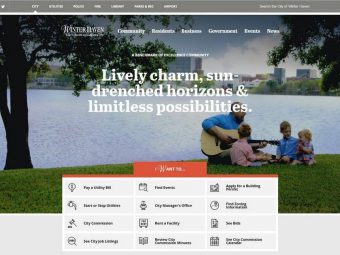One of the initial steps of any search engine marketing (SEO) campaign is to form a list of target keywords. Where webmasters and SEO’s often go wrong is prioritizing the highest traffic, most competitive keywords. They should learn from the lion. It always goes for the smallest and weakest first.
The lion doesn’t go and attack the biggest wildebeest in the pack. It knows that if it goes for the biggest, it could potentially yield the most meat. It also knows that such a task will, at best, just consume a lot of energy for no gain. At worst, it will get the lion trampled under the weight of a thousand panicked hooves.
The smarter move is to start with sick, wounded and unwanted keywords… I mean wildebeest.
The lion does this because:
- It’s an easy win
- Yields at least some food to grow and maintain the pack
- Provides fuel for the next hunt
The SEO does this with a keyword list because:
- It’s an easy win
- Provides at least some traffic and authority for their website
- Provides relevant authority to help win the next, bigger keyword
Say you’re doing a local search campaign and you want to be the best ranking widget maker in a given state. Start small: go for the more specific, long-tail keywords first in order to win the more general, higher traffic keywords that you ultimately want. Make sure you can at least be the top ranked business of your type in relation to something as small as the road your headquarters are on. Then focus on your neighborhood, then your city, then your county, then the region of the state you’re in. THEN worry about those state-level rankings. If you’ve picked the low-hanging fruit and earned search presence in all of these areas, capturing the state-level rankings will be a lot easier.
If it’s not a localized search campaign, focus on ranking for the most specific keyword on your list that most closely describe the thing you do best or are best known for first. Rank well for every shape and color of widget before you even think about ranking for just “widgets.”
That biggest wildebeest isn’t so tough without his herd, now is he? Now move in, take the kill.




